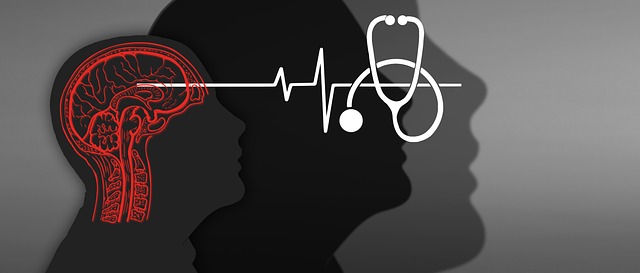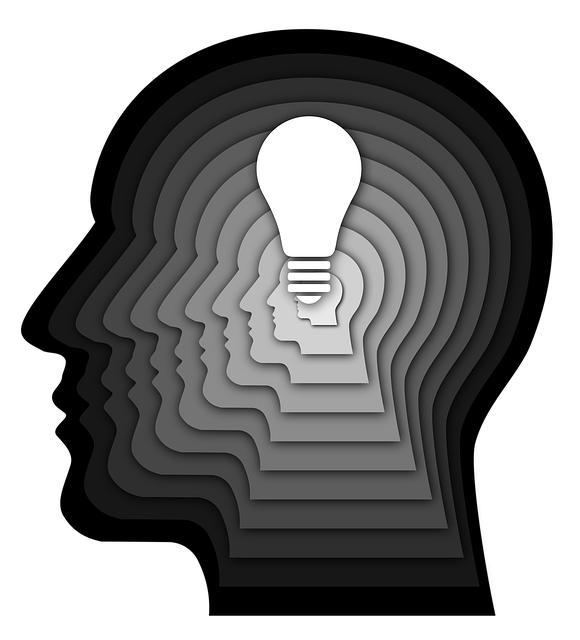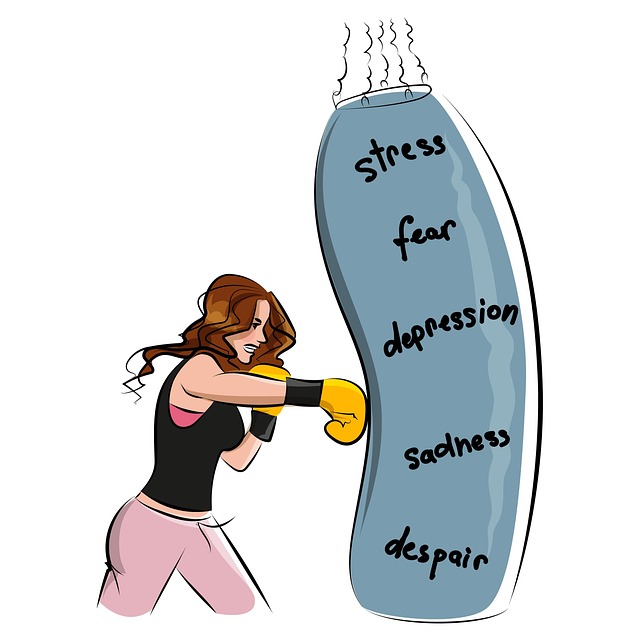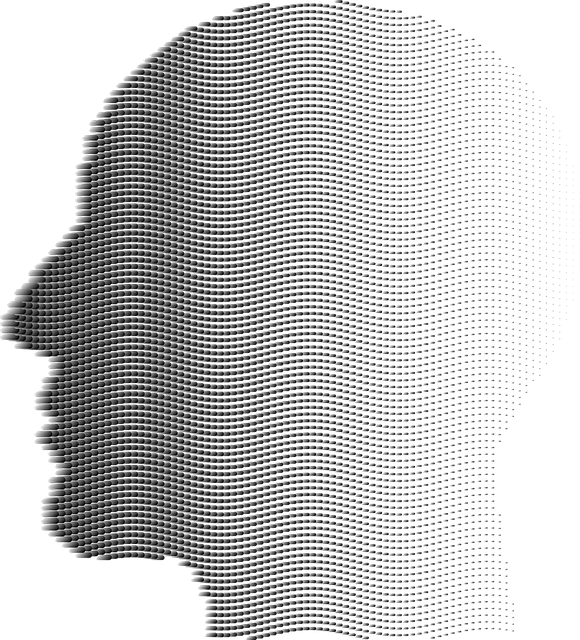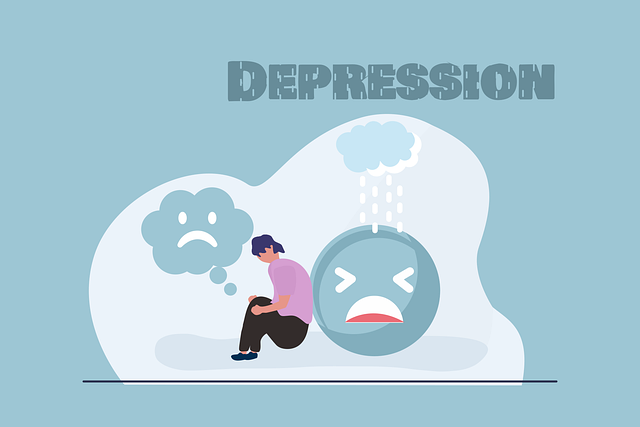Mental wellness self-assessment tools, vital for healthcare professionals like those at Westminster Chronic Pain Therapy, offer structured insights into patients' psychological well-being and mental health landscapes. These tools, when culturally sensitive, evidence-based, and up-to-date, facilitate accurate diagnosis and personalized treatment planning. Westminster Chronic Pain Therapy is revolutionizing mental wellness by addressing the link between chronic pain and mental health issues through holistic approaches, educational programs, and the Mental Wellness Podcast Series, creating a supportive environment for comprehensive healing. Effective self-assessments aid in early detection, empowering individuals to take charge of their mental wellness. Online platforms and mobile apps further enhance accessibility, offering confidential spaces for tracking mood patterns and receiving personalized coping strategies. Cultural sensitivity, diverse perspectives, and modern global understanding ensure these tools foster holistic mental wellness aligned with today's needs.
Mental wellness self-assessment tools play a crucial role in early intervention and treatment planning. This comprehensive guide explores the development of such tools, offering insights for healthcare professionals. We begin by understanding mental wellness self-assessments and their impact on patient outcomes, particularly highlighting the connection between Westminster Chronic Pain Therapy and its influence on mental health. The article delves into key components, technological integrations, and evaluation methods to ensure effective, culturally sensitive assessments.
- Understanding Mental Wellness Self-Assessment: An Overview for Healthcare Professionals
- Identifying the Need: Westminster Chronic Pain Therapy and its Impact on Mental Health
- Developing Effective Self-Assessment Tools: Key Components and Considerations
- Integrating Technology: Digital Solutions for Accessible Mental Wellness Assessment
- Evaluation and Refinement: Ensuring Cultural Sensitivity and Accuracy in Self-Assessments
Understanding Mental Wellness Self-Assessment: An Overview for Healthcare Professionals

Mental wellness self-assessment tools play a pivotal role in identifying individuals’ mental health status and guiding appropriate interventions. For healthcare professionals, especially those specializing in chronic pain therapy at institutions like Westminster Chronic Pain Therapy, these tools offer a structured approach to understanding patients’ subjective experiences and psychological well-being. By incorporating assessments that consider cultural sensitivity in mental healthcare practice and trauma support services, practitioners can gain nuanced insights into patients’ mental health landscapes.
A comprehensive mental health policy analysis and advocacy ensures that these assessment tools are up-to-date, evidence-based, and culturally responsive. This is crucial for accurate diagnosis and personalized treatment planning. Healthcare professionals should be adept at interpreting the results, considering contextual factors, and referring individuals to specialized services as needed. Effective self-assessment tools not only aid in early detection but also foster a supportive environment where individuals feel empowered to take charge of their mental wellness.
Identifying the Need: Westminster Chronic Pain Therapy and its Impact on Mental Health

In the context of mental wellness, understanding the intricate link between chronic pain and mental health is paramount. Westminster Chronic Pain Therapy has emerged as a beacon of hope for many individuals grappling with both physical and psychological challenges. This therapy recognizes that chronic pain often leads to a cascade of mental health issues, including depression, anxiety, and even post-traumatic stress disorder (PTSD). By addressing these co-occurring conditions holistically, Westminster Chronic Pain Therapy offers a transformative experience, empowering patients to regain control over their well-being.
The impact of this therapy extends beyond symptom management. It encourages individuals to develop effective conflict resolution techniques, fosters resilience, and promotes mental health awareness through educational programs designed to provide practical tools. Additionally, the Mental Wellness Podcast Series Production can play a pivotal role in disseminating knowledge, sharing success stories, and normalizing conversations around mental wellness—all integral parts of fostering a supportive environment for those seeking holistic healing.
Developing Effective Self-Assessment Tools: Key Components and Considerations

Developing effective self-assessment tools for mental wellness is a multifaceted process that requires careful consideration. These tools play a pivotal role in individual and collective mental health, especially in regions like Westminster Chronic Pain Therapy areas where addressing chronic pain and its associated mental health impacts are crucial. Firstly, tools should be designed with inclusivity in mind, ensuring they cater to diverse populations and cultural contexts. This involves incorporating sensitive language that respects different identities and experiences related to mental illness.
Secondly, the integration of validated psychological assessments can enhance tool accuracy. These may include measures of emotional intelligence, which has been linked to improved coping mechanisms and burnout prevention—a significant concern in today’s fast-paced world. Additionally, considering the impact of stigma reduction efforts is essential; anonymous or confidential assessment options can encourage honest self-reflection without fear of judgment. Such considerations collectively contribute to robust mental wellness self-assessment tools that promote awareness, facilitate early intervention, and support tailored treatment planning, ultimately enhancing the overall well-being of individuals in diverse communities.
Integrating Technology: Digital Solutions for Accessible Mental Wellness Assessment

In today’s digital era, integrating technology has opened new avenues for accessible mental wellness self-assessment tools. Online platforms and mobile applications are becoming indispensable resources, offering a convenient and confidential space for individuals to assess their mental health. These digital solutions cater to diverse needs, from tracking mood patterns to providing personalized coping strategies, all of which are crucial aspects of maintaining good mental health. For instance, an app designed with features like daily journaling, mindfulness exercises, and virtual therapy sessions can be a game-changer for those managing conditions like chronic pain, as demonstrated by Westminster Chronic Pain Therapy’s successful digital interventions.
Moreover, these technological advancements enable widespread access to self-assessment tools, breaking down barriers traditionally associated with mental health support. Features such as interactive questionnaires, video tutorials on Mind Over Matter principles, and even virtual conflict resolution techniques can be tailored to suit various demographics, including young adults, professionals, and even seniors. By leveraging technology, individuals can proactively engage in their mental wellness journey, fostering self-awareness and empowering them to seek appropriate help when needed.
Evaluation and Refinement: Ensuring Cultural Sensitivity and Accuracy in Self-Assessments

When developing self-assessment tools for mental wellness, it’s crucial to prioritize cultural sensitivity and accuracy to ensure effective evaluation and refinement. This involves actively considering and incorporating diverse perspectives to avoid biases that may exist in mainstream assessments. For instance, tools tailored for communities like those seeking Westminster Chronic Pain Therapy must account for cultural nuances related to pain expression, coping mechanisms, and perceptions of mental health. By doing so, the self-assessments become more inclusive and reliable, aligning with the unique needs and experiences of diverse individuals.
Moreover, integration of mind over matter principles and emotional regulation strategies can enhance these tools’ effectiveness, particularly when coupled with effective self-care practices. This approach not only respects cultural diversity but also promotes holistic mental wellness, reflecting the evolving understanding of psychological well-being in today’s globalized society. Such sensitivity ensures that assessment outcomes are meaningful and actionable for a broader spectrum of users.
Mental wellness self-assessment tools have evolved significantly, driven by the need for accessible and culturally sensitive evaluations. As highlighted by Westminster Chronic Pain Therapy’s impact on mental health, integrating technology offers game-changing solutions for widespread assessment. By combining key components like clear questions, user-friendly interfaces, and cultural sensitivity, healthcare professionals can develop effective digital tools. Continuous evaluation and refinement ensure accuracy and cater to diverse populations, ultimately enhancing mental wellness support in today’s digital era.




